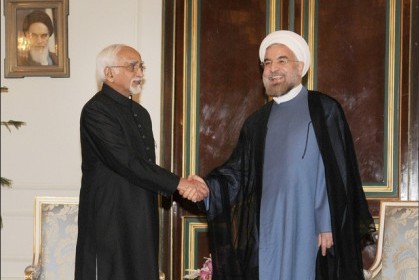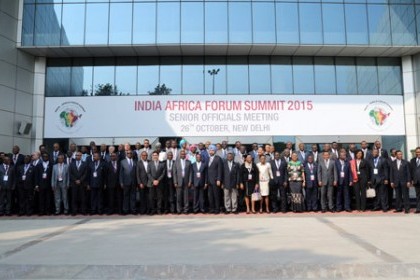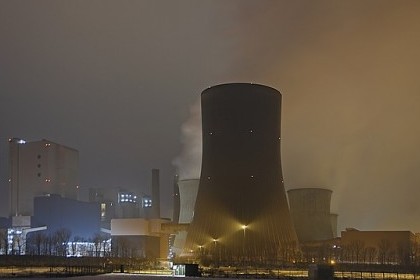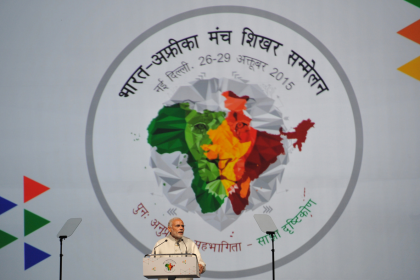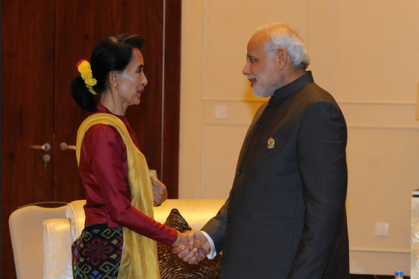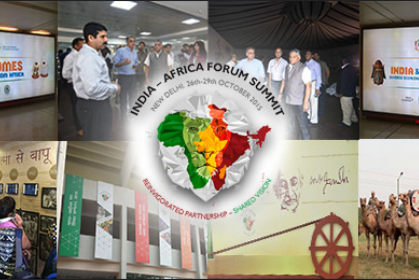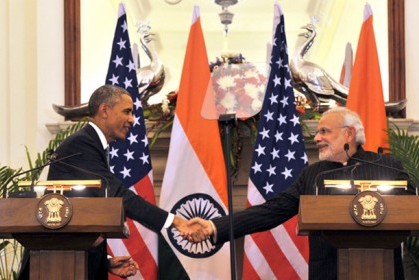Berthing a new era at Chabahar
The strategic and geopolitical importance of Iran’s Chabahar Port is not lost on India. It is for this reason that India is keen to partner with Iran on investing in developing berths at the Port. Although the relationship between the two have had its ups and downs, it is time that with a nuclear deal in place between Iran and the P5+1, India realises that it has much more at stake in its relationship with Tehran.

